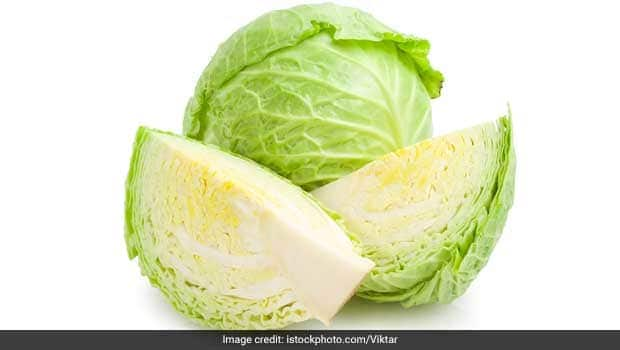Spinach, Cabbage And More: 5 Vitamin And Mineral-Rich Leafy Vegetables To Add To Your Daily Diet
Remember how our mothers used to force us to finish the palak sabzi on our plate? We understand you must have hated it, but have you ever wondered why our parents forced us to eat our greens? Well, it’s because those leafy greens are nutrients and replete with goodness. Leafy vegetables are low in calorie; therefore, one may indulge in spinach, cabbage, lettuce etc without any guilt. Besides, they are also packed with vitamin K, magnesium, calcium and other essential nutrients that are known to benefit our overall health. Let’s find out how leafy vegetables benefit out health.
(Also Read: Lettuce For Weight Loss: Health Benefits And Low Carb Lettuce Recipe Ideas For Quicker Weight Loss! )
5 Health Benefits Of Leafy Vegetables:
Promote Weight Loss:
Leafy vegetables are low in calories; therefore, eating a lot of these leafy greens help satisfy your hunger and keep you full for long. This may further help promote weight loss.
Slows Down Ageing Process:
Leafy vegetables are packed with vitamin K, magnesium, calcium and other essential nutrients. These nutrients may help slowdown the ageing process.
Increases Bone Strength:
Leafy vegetables produce a nutrient called osteocalcin, also known as bone builder. Osteocalcin strengths the bones that further helps promote bone health.

Wash your green properly before eating.
Manage Diabetes:
Leafy greens have high levels of magnesium and low glycemic index. This may further help manage diabetes.
Promote Eye-Health:
Leafy greens are rich in carotenoids, a kind of pigment that is also part of human eyes. Carotenoids are known protect the eye from any damage caused by sunlight.
(Also Read: 4 Amazing Health Benefits Of Cabbage That You Must Know)
Here Are 5 Leafy Greens That Can Be A Part Of Our Daily Diet:
Kale
Kale is one of the most popular cruciferous vegetables in the lot. The best way to consume Kale is to eat it raw, as cooking reduces the nutritional profile of the vegetable. Kale is rich in vitamins A, C, and K, calcium, folate, potassium, and fiber. It may help promote heart health.

Cooked spinach is more nutritious than raw.
Spinach
Spinach contains thiamine. Thiamine helps our body convert carbs into energy and therefore it is crucial for energy metabolism. Our body does not naturally produce thiamine therefore it is important to consume spinach. t is an important part of our diet as it has been incorporated in food in the form of palak chaat, palak paneer and more.
Lettuce
Another popular leafy vegetable, lettuce is also popularly eaten raw and is never cooked. Besides its use in salad, lettuce is also used to create delicious no-carb lettuce wrap. Besides, lettuce is also used as a filling in sandwiches. What makes it a great option is the fact that lettuce doesn’t contain any saturated or unsaturated fats.
Bok Choy
Also called Chinese cabbage, bok choy contains 90 percent water. Whereas it has 2 percent carbs and 1 percent fat. It is also loaded with fibre, vitamin A, C, K and more.

Cabbage detoxifies the body.
Cabbage
Cabbage is an excellent source of vitamin C and Sulphur. These nutrients are known to remove toxins like uric acid from our body. Also, cabbage helps detoxify liver. Dr. Komal, Nutritionist at SCI International Hospital agrees, “cabbage keeps the liver in a good condition”.
Eat healthy, stay fit!
For all the latest Health News Click Here
For the latest news and updates, follow us on Google News.
